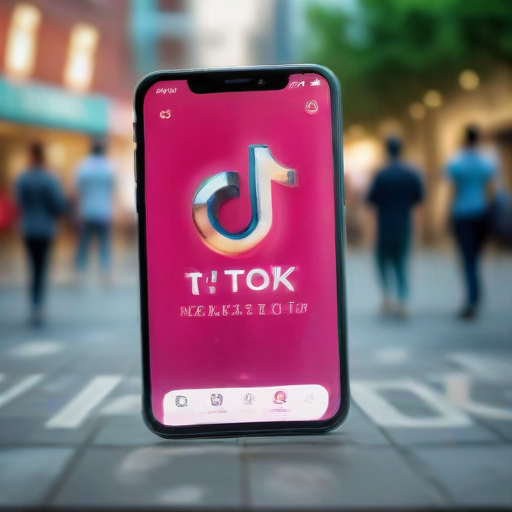In a little over a month, TikTok users in Alabama and across the United States could see their favorite content—ranging from dance videos to adorable pet clips—disappear if the app is banned in the country. According to recent reports, if TikTok is not sold by its Chinese parent company, ByteDance, by January 19, 2025, app stores may face significant fines for continuing to offer the application under U.S. law.
While the app will continue to function for users who have already downloaded it, the absence of updates may eventually lead to performance issues, making it less usable over time. This potential ban comes after the U.S. Court of Appeals for the District of Columbia Circuit unanimously rejected TikTok’s petition to challenge the law, leading the company and ByteDance to consider an appeal to the Supreme Court.
Michael Hughes, a spokesperson for TikTok, criticized the ban as being based on inaccurate information, claiming it would effectively censor the voices of over 170 million Americans. He highlighted the widespread concern among users regarding the potential loss of their favorite app.
Popular TikTok creator Ophelia Nichols, known as Mama Tot, has also voiced her apprehensions about the implications of such a ban. Speaking during a protest in Washington D.C., she emphasized how vital the platform is for many individuals and warned against the consequences of removing it.
Interestingly, the incoming President Donald Trump may provide a possible reprieve. The ban is set to take place one day before his inauguration, leaving open the possibility for him to urge Congress to repeal the law, instruct the attorney general not to enforce it, or declare TikTok no longer subject to the law post-inauguration. Trump’s position on TikTok has shifted over time; while he originally sought to impose a ban during his first term, he has recently expressed support for the app, recognizing its popularity among younger audiences.
The ongoing discussion about TikTok underscores the tension between national security concerns and the cultural significance of the platform. As the situation unfolds, it represents a crucial moment for both content creators and users who rely on the app for connection and expression.
In summary, the future of TikTok in the U.S. hangs in the balance, with potential legal battles and political maneuvers influencing its fate. For many, the hope remains that the app will find a way to coexist within the American landscape, safeguarding the voices and creativity of millions.
